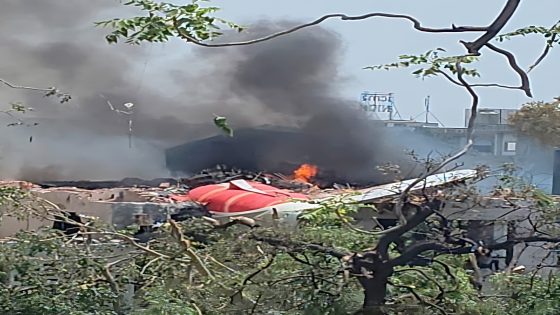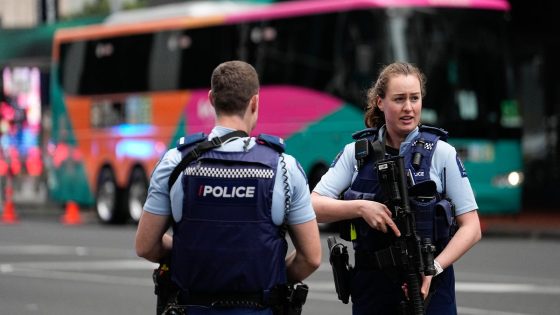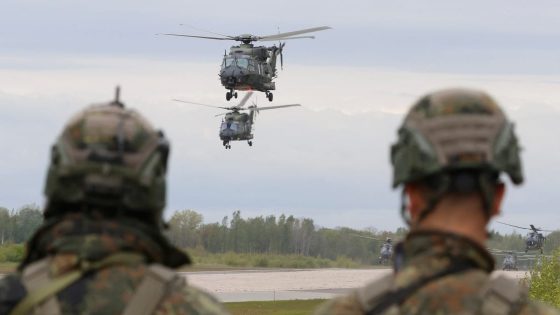The recent crash of Air India flight 171 has raised serious concerns about aviation safety. Investigators now believe that the Boeing 787’s pilots may have intentionally cut off fuel shortly after takeoff, leading to a tragic accident that claimed 241 lives on June 12, 2025.
- Air India flight 171 crash investigation ongoing
- Possible intentional act by pilots considered
- 241 fatalities among passengers and crew
- Fuel control switches under scrutiny
- No mechanical flaws identified in the aircraft
- Various theories about fuel cutoff presented
As details emerge, the focus is on the aircraft’s fuel control switches, which may have been manipulated. This shocking possibility suggests a deliberate act rather than a mechanical failure, prompting widespread scrutiny of cockpit protocols and pilot behavior.
This incident prompts US to consider the implications of pilot actions on flight safety. Could such an event reshape regulations surrounding cockpit procedures? Key points to ponder include:
- The potential for stricter oversight of pilot training and mental health.
- Impacts on public confidence in air travel safety.
- Future regulatory changes in response to cockpit protocols.
As investigations continue, the aviation industry must prioritize safety and transparency. Will this tragedy lead to meaningful reforms that protect passengers worldwide?






























